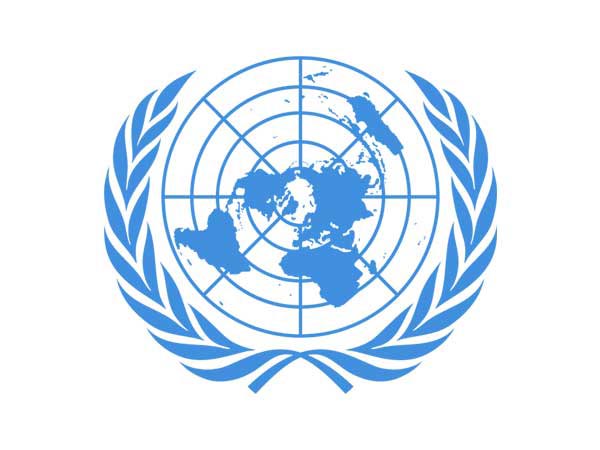The UN warns of water scarcity in South Asia
Nov 14, 2023

New York [US], November 14: On November 13, the United Nations Children's Fund (UNICEF) released a report showing that more and more South Asian children are suffering from water scarcity exacerbated by the impacts of climate change.
"A staggering 347 million children under 18 face high or extreme water scarcity in South Asia, the highest of any region in the world," according to the report. South Asia is home to more than a quarter of the world's children and includes Afghanistan, India, Bangladesh, Bhutan, Maldives, Nepal, Pakistan and Sri Lanka.
According to the report, climate change is disrupting weather and rainfall patterns, leading to unpredictable water availability. The report cites problems of poor water quality, water shortages and mismanagement such as overexploitation of aquifers, while climate change reduces water replenishment. "As village wells dry up, homes, health centers and schools are all affected. With an increasingly unpredictable climate, water scarcity is expected to get worse for children in South Asia", UNICEF
During the 28th UN Climate Change Conference (COP 28) in the United Arab Emirates (UAE) in December, UNICEF will call on leaders to "ensure a habitable planet" .
"Safe water is a basic right. Yet millions of children in South Asia do not have enough drinking water in a region prone to floods, droughts and other extreme weather events, causing increasing much by climate change," according to AFP, citing UNICEF's South Asia regional
Last year, 45 million children in South Asia lacked access to basic drinking water services, more than in any other region. However, UNICEF says services are expanding rapidly with the hope that this number will be halved by 2030. Behind South Asia in water scarcity is East and Southern Africa, where 130 million children live. You are at risk of severe dehydration.
Globally, 739 million children live in areas with high or very high water scarcity. UNICEF calls on all parties to take action to protect the lives, health and well-being of children, including by regulating essential social services and empowering every child to become an environmental champion, implementing international agreements on sustainability and climate change, including rapidly reducing emissions.
Source: ThanhNien Newspaper









